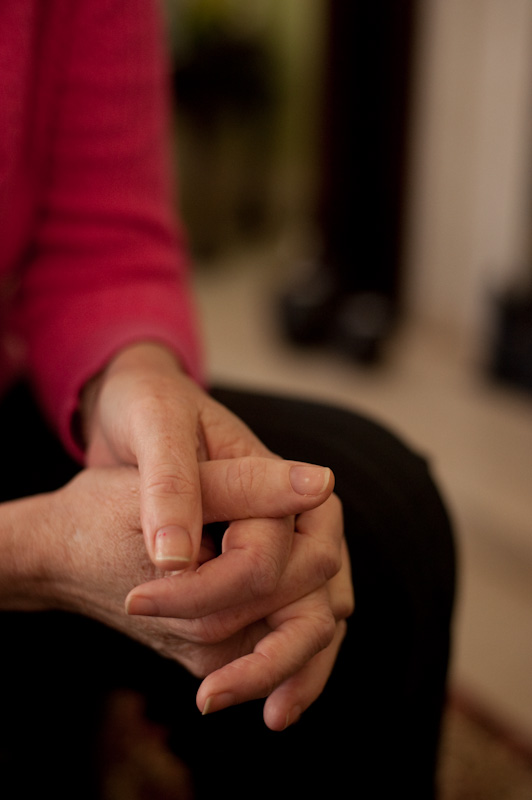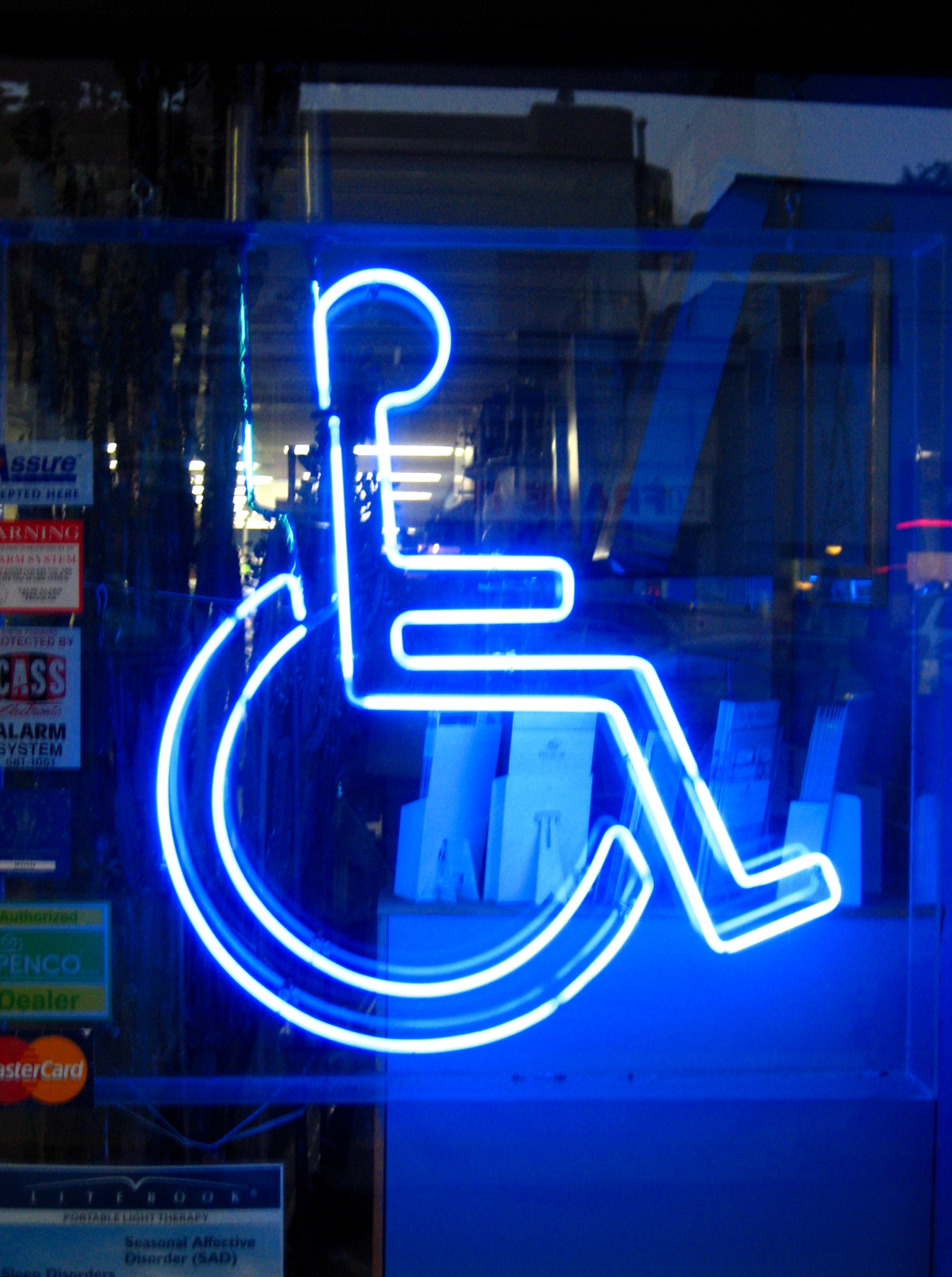Researching disability

Shifting the disability research agenda to eliminate discrimination is a work in progress
Published 3 February 2016
Many people with disabilities face external barriers that prevent them participating fully in society. These barriers may stem from the physical environment as well as from prejudice and discrimination.
When it comes to participation in research, there is a long history of people with disabilities being treated as objects of research agendas, rather than individuals with rights and responsibilities. They have been excluded from the design or production of research that directly relates to them. Research questions have often categorised and stereotyped people with specific disabilities and made negative assumptions about their abilities.

The United Nations Convention on the Rights of Persons with Disabilities (CRPD) now provides a framework for challenging the barriers to full participation. The CRPD was adopted by the United Nations General Assembly in 2006 and is the first legally binding document that directly tackles the rights of people with disabilities.
The good news is that in the ten years since the CRPD’s adoption, there has been an unprecedented focus on securing the rights of people with disabilities. Both international bodies (like the United Nations Human Rights Council) and domestic governments have turned their attention to combatting the myriad inequalities that people with disabilities face.
Read more: Why society is making people with disabilities sick

Reforms have begun in many areas. Sheltered workshops that segregate people with intellectual disabilities and pay them vastly under minimum wage are being shut down. Universal design to ensure buildings are accessed, understood and utilised by as many people as possible is increasingly being implemented. The inclusion of students of varying abilities in educational programs is accepted as an important goal.
The CRPD also points to a new way of developing and carrying out research to respect and promote the rights of persons with disabilities.
The Melbourne Social Equity Institute conference on Disability, Human Rights and Social Equity brings persons with disabilities, researchers, students, organisations, activists and policymakers together to set a research agenda to sustain the momentum of the disability rights movement.
Rights-based research can provide a framework for ensuring discriminatory practices are eliminated. Rights-based research directly responds to, and aims to rectify, a violation or potential violation of one or more of the articles of the CRPD. It must be instigated based on the voices of the disability community calling for change – not the pre-conceived notions of what researchers or policy makers believe needs to be changed. It must also be primarily led and guided by persons with disabilities.
The outputs of rights-based disability research must directly promote the social change necessary to secure the relevant rights and ensure the state is meeting its obligations under the CRPD. The conference focuses on such emancipatory research practices and aims to set a research agenda that enables the full and effective participation or persons with disabilities.
The Melbourne Social Equity Institute conference on Disability, Human Rights and Social Equity begins with an opening cultural event at ACMI in Federation Square on 3 February and runs from the 4-5 February at the Melbourne Law School.
Banner image: Joe Houghton via Flickr

